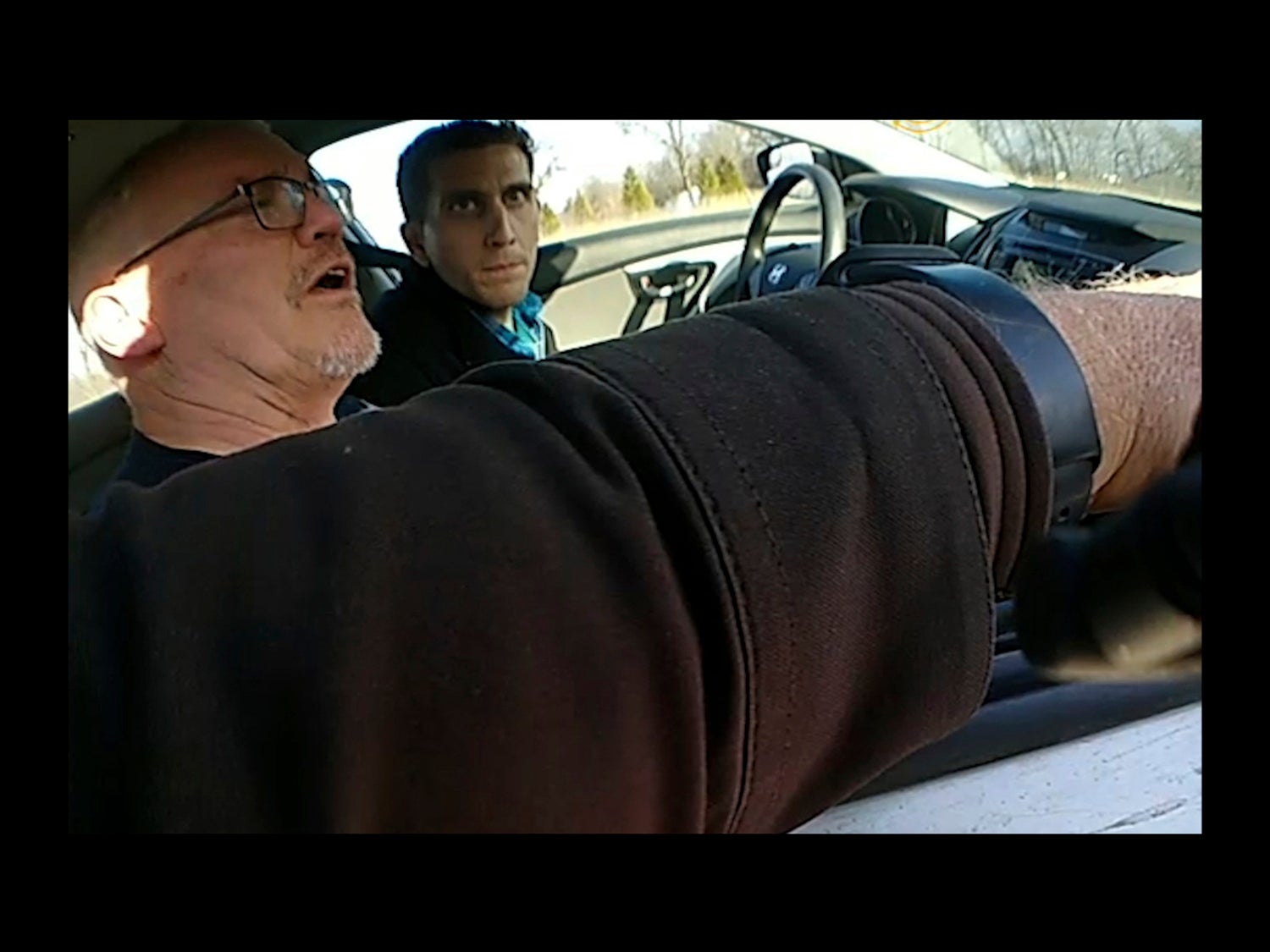Bryan Kohberger’s defence seeks to undercut DNA evidence against him in Idaho murders case
Investigators used genetic genealogy to build a case against Kohberger, who is accused of fatally stabbing four University of Idaho students in November
The defence team for Bryan Kohberger provided testimony this week from a genealogist scrutinising the reliability of genetic genealogy that prosecutors say tied the Idaho murders suspect to the knife sheath found at the scene.
Investigators used genetic genealogy to build a case against Mr Kohberger, 28, who is accused of fatally stabbing University of Idaho students Kaylee Goncalves, Madison Mogen, Ethan Chapin and Xana Kernodle at their off-campus home in November.
Prosecutors argue that the killer broke into the off-campus student home in Moscow in the early hours of 13 November, carried out the brutal murders, leaving behind a military knife sheath, which was found next to Mogen’s slain body in her bed.
DNA found on the sheath was later matched to Mr Kohberger after the FBI checked the sample against genetic genealogy databases and “tipped off” local authorities.
After collecting trash from the suspect’s parents’ home in the Pocono Mountains, a familial match – from Mr Kohberger’s father – was made to the knife sheath, according to the criminal affidavit.
Following Mr Kohberger’s arrest on 30 December, DNA samples were taken directly from the suspect and came back as “a statistical match”, say prosecutors.
But Mr Kohberger’s defence team has continued to push back, and on Wednesday submitted an affidavit by DNA expert Dr Leah Larkin, who echoed the team’s concerns that the science behind genetic genealogy is not perfect.
She explained that at-home genealogy tests like AncestryDNA, 23andM or MyHeritage are not as reliable as tests conducted by specialized laboratories.
‘A poor quality kit might have too few matches or it just might have phantom matches that are not real measures of relationship,’ the document reads.


More and more cases are being solved as law enforcement increasingly utilise the technique to locate and track suspects’ relatives on these ancestry websites - which offer a broader array of relatives.
But it was also noted in the affadavit that she’s been aware of where genetic genealogy has been wrong and cases where databases were used improperly by authorities.
“In the absence of effective oversight, forensic genetic genealogists are on an ‘honor system’ to obey the Terms of Services and the Department of Justice Interim Policy on forensic genetic genealogy,” the affidavit states.
In Mr Kohberger’s case, he had no prior criminal record which means his DNA was not in any law enforcement database.
Mr Kohberger, who is being held at Latah County Jail in Moscow, Idaho, ia scheduled to stand trial on 2 October for the murders of Goncalves, 21, Mogen, 21, Kernodle, 20, and Chapin, 20, after he was indicted by a grand jury on four counts of first-degree murder and one burglary charge.

In the court last month, the accused killer’s legal team accused prosecutors of “hiding its entire case” from the defendant by trying to keep its method of “genetic genealogy investigation” secret.
“There is no connection between Mr. Kohberger and the victims,” states the filing titled Objection to State’s Motion for Protective Order.
“There is no explanation for the total lack of DNA evidence from the victims in Mr Kohberger’s apartment, office, home, or vehicle.”
The filing came in response to the state’s motion for a protective order around the methods it used to match his DNA to the crime scene.
The defence is arguing that the prosecution should hand over all this information to Mr Kohberger and that he has a right to know what led investigators to suspect him in the first place.

Two other female roommates lived with the three women at the property and were home at the time of the massacre but survived.
One of the survivors – Dylan Mortensen – came face to face with the masked killer, dressed in head-to-toe black and with bushy eyebrows, as he left the home in the aftermath of the murders, according to the criminal affidavit.
For more than six weeks, the college town of Moscow was plunged into fear as the accused killer remained at large with no arrests made and no suspects named.
Then, on 30 December, law enforcement suddenly swooped on Mr Kohberger’s family home in Albrightsville, Pennsylvania and arrested him for the quadruple murders.
The motive remains unknown and it is still unclear what connection the WSU PhD student had to the University of Idaho students – if any – prior to the murders. The murder weapon – a fixed-blade knife – has still never been found.



Bookmark popover
Removed from bookmarks